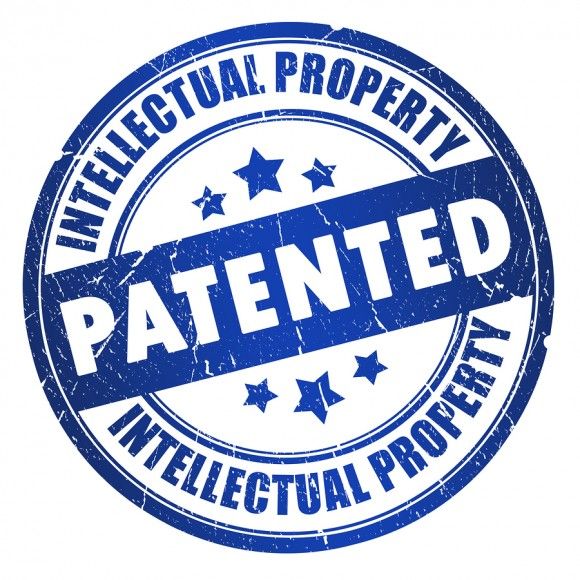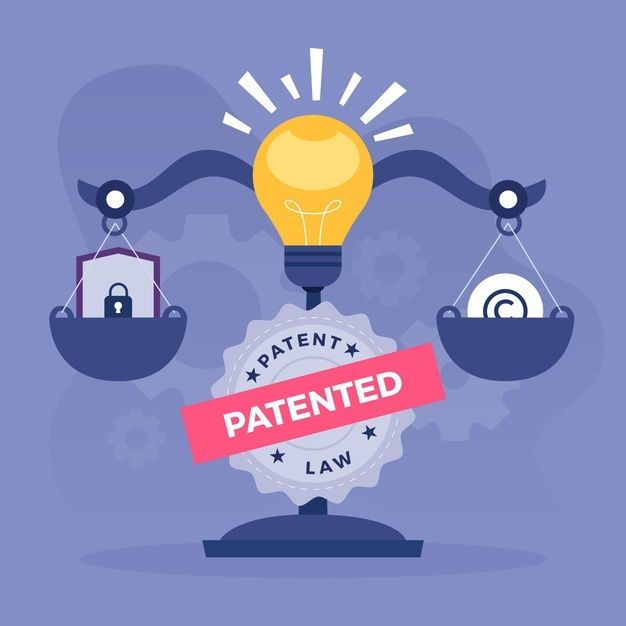5 Ways a Patent Design Can be Effectively Protected or Dismissed
Can a patent design be challenged or invalidated?

Consider this: you’ve just spent months, if not years, improving the design of your innovative new product. You file for a patent design, satisfied about the level of competition that will protect your hard work. But then you read about a different company that successfully challenged an opponent’s design patent, which leads you question if this similar thing can happen happen with your patent as well.
Welcome to the blog, which discuss about the complexities about patent design. Have you ever thought about the legal regulations for safeguarding a unique design? Or on the other hand, what happens if you need to challenge a design patent that looks like unfairly block your originality!!
What is Patent Design:
Before we can discuss the possibility of challenging a patent design, we need to first describe it. In India, a design has been defined as the structure, setup, pattern, decoration elements, or combination of shapes or colours applied to any object. The design is required to be original or unique, and it must not have been previously widely visible to the public in any format before the filing date.

Infringement on Patent Design:
When somebody makes, employments, offers, or imports a item having a plan that’s significantly comparative to a licensed plan, they are encroaching on the plan obvious. To demonstrate encroachment, the denounced plan must have similitudes that would be obvious to the ordinary eyewitness. In the event of a claimed infringement, the patent design holder may take legal action to preserve their rights and seek restitution.
Reasons to Challenge a Patent Design
A patent design in India can be contested on multiple grounds. The main grounds for invalidation are:
- Lack of Novelty: If the design is neither fresh or innovative and has already been disclosed to the public, it may be contested. This contains previous publications in India or overseas.
- Non-Registrable Design: Certain designs are not eligible for registration under the 2000 Designs Act. Plans that are not broadly diverse from known plans, such as mechanical gadgets, cannot be enrolled.
- Not a Plan as Per the Act: On the off chance that the enrolled plan does not satisfy the definition of a plan beneath the Plans Act of 2000, it may be challenged. For instance, designs determined entirely by the function of the article are excluded.
- Designs that are considered harmful to public order or morality may also be challenged and rejected.

How to Challenge a Patent Design
Patent design challenges are lawful procedures that can be started by any interested party. Here’s a step-by-step clarification of the method:
- To begin a request, contact the Controller of Plans and inquire that the enrolled plan be repudiated. The petition should explicitly outline the reasons for the cancellation and be accompanied by documentation.
- The Controller evaluates the petition and the evidence presented. If the Controller finds the petition valid, a notice is sent to the registered proprietor of the design.
- The registered proprietor has the opportunity to respond to the petition and provide their perspective, including any evidence supporting the design’s validity.
- Hearing: A hearing may be scheduled so that both parties can express their points. The Controller may also accept written submissions.
- Decision: After considering all the arguments and evidence, the Controller makes a decision. If the grounds for cancellation are proven, the design registration can be invalidated
Design Patent Validity:
Legitimate procedures can be utilized to challenge the legitimacy of a plan obvious. earlier to information that existed some time recently to the patent’s recording date, need of oddity or non-obviousness, and lacking of the plan obvious claims are all visit grounds for challenging its legitimacy. Challenging the legitimacy involves displaying prove and contentions to back the claim that the plan obvious ought to not have been allowed.
Design Patent Law:
Design patent regulations govern the procurement, enforcement, and protection of design patents. These laws varies by country, but they typically describe the conditions for getting a design patent, the rights granted by the patent, and the remedies available for infringement. It is critical to understand the individual design patent regulations that apply in the relevant jurisdiction when contemplating design patent challenges or probable invalidation.

Design Patent Citation:
Design patent citations play an important part in the inspection and evaluation of design patent applications. Patent examiners consider prior design patents and other relevant prior art references to determine the design’s uniqueness and non-obviousness. References to design patents aid in showing the validity of a design patent by illustrating how the patented design differs from existing designs.
Conclusion
Patent designs in India can be contested and denied on certain grounds such as lack of originality, non-registrable design, or failing to meet the criteria established by the Designs Act of 2000. The process entails judicial proceedings that ensure both the petitioner and the registered proprietor have a chance to state their case. Understanding these features is critical for innovators and designers seeking to protect their intellectual property and effectively navigate potential issues.
Protecting your design with appropriate registration is only the beginning. Staying up to date on prospective obstacles will help you better prepare and defend your valued creations in a competitive market. If you have any additional inquiries or require legal advice, talking with an intellectual property counsel is always a crucial decision.
Plead Masters: Making What’s Possible in Law [https://www.pleadmasters.com/]
Our firm’s legal department, which focuses in intellectual property law, can advise you on copyrights, patents, and trademarks. Our Plead Masters are dedicated Intellectual Rights specialists that are enthusiastic about providing comprehensive, tailored, and cutting-edge legal solutions. We think that every idea, invention, and product are valuable assets that must be fully safeguarded in today’s dynamic global marketplace.
We provide personalised service, extensive brand solutions, active logo safety and enforcement, and cost-effective solutions for businesses of all sizes.
External Links:




